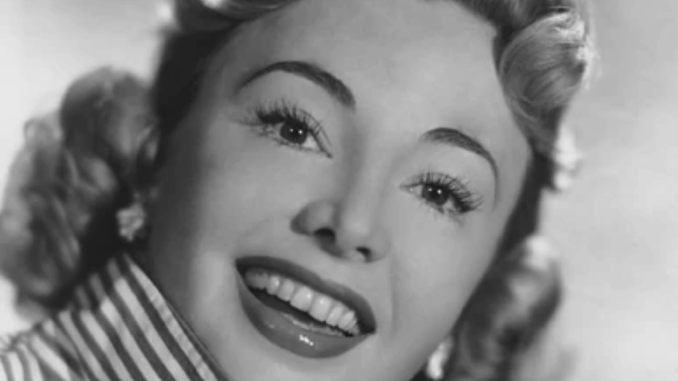
How The Honeymooners’ sharp-tongued Alice fought for fairness in a man’s world
Breaking Barriers in the Golden Age of Television
In the 1950s, the television industry was ruled almost entirely by men — on the screen, behind the cameras, and in the boardrooms. Women were expected to smile, take direction, and never question the numbers on their paycheck. Yet amid this old-world structure, Audrey Meadows, who played the indomitable Alice Kramden on The Honeymooners, dared to demand something radical: equality.
Meadows’ performance as Alice — the no-nonsense wife who could verbally outbox Ralph Kramden — made her an icon of early television. But what few knew at the time was that Meadows was fighting a second battle off-screen. While audiences laughed at Alice’s sharp comebacks, the actress behind her was challenging one of the entertainment industry’s most entrenched injustices.
The Contract That Changed Everything
When Meadows joined The Honeymooners in 1955, she quickly realized she was being paid far less than her co-stars, Jackie Gleason and Art Carney. The explanation, she was told, was simple — Gleason was the star, Carney the comic partner, and Alice merely “the wife.” But Meadows saw things differently.
Alice wasn’t a background character; she was the emotional anchor of the show — the voice of reason amid Ralph’s bluster and Norton’s antics. Without her timing and strength, the entire dynamic would collapse. Determined to be treated as such, Meadows requested a private meeting with the show’s producers. In an era when actresses were often replaced for speaking up, she laid out her case with calm precision: if The Honeymooners wanted Alice, they had to pay her what she was worth.

The result was historic. Meadows not only secured a pay raise but also negotiated for something virtually unheard of at the time — residual payments for reruns. In the 1950s, television reruns were considered insignificant, yet her contract ensured she would continue earning income as long as the show aired. Decades later, when The Honeymooners became a staple of syndicated TV, that decision turned out to be one of the smartest financial moves in Hollywood history.
Respect from “The Great One”
Jackie Gleason, famous for his temper and his dominance on set, could have easily bristled at Meadows’ assertiveness. Instead, he respected it. According to several of Gleason’s associates, he admired her professionalism and often said that Meadows “knew how to handle Ralph — and Jackie too.”
Their chemistry on screen wasn’t just acting; it reflected their real dynamic. She matched his energy, challenged his improvisations, and never let him overshadow her. While many actresses wilted under Gleason’s unpredictable nature, Meadows stood her ground — and in doing so, earned his lifelong admiration. Their relationship became one of creative equals, built on tension, humor, and deep mutual trust.
A Legacy Beyond Laughter
When The Honeymooners ended, Meadows’ business foresight continued to pay dividends. As the reruns aired again and again throughout the 1960s and beyond, she received steady royalty checks — a rarity for television performers of her era, and an almost unthinkable achievement for a woman.
But more than the money, her legacy lay in what she proved possible. She showed that an actress could be both respected and assertive, both gracious and unyielding. At a time when women’s voices were often dismissed, she quietly changed the rules — and helped set the stage for generations of actresses who would later demand (and receive) their due.
The Woman Behind the Wit
Audrey Meadows’ portrayal of Alice Kramden remains one of television’s most enduring performances — a perfect balance of humor, strength, and heart. But her off-screen courage deserves equal recognition. She wasn’t just playing a strong woman; she was one.
In the history of The Honeymooners, her story is more than a footnote. It’s a blueprint for resilience, intelligence, and self-respect — proof that sometimes, the strongest punchline isn’t the one that gets the laugh, but the one that changes the game.